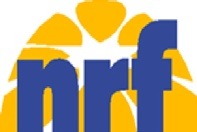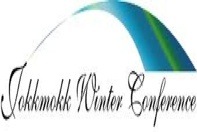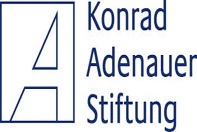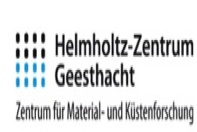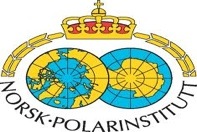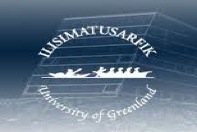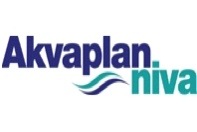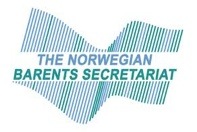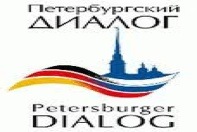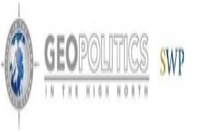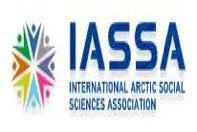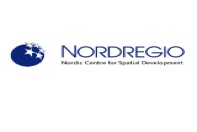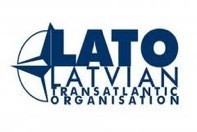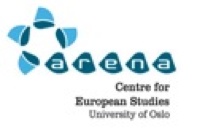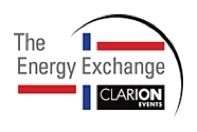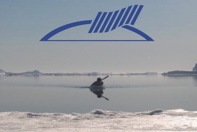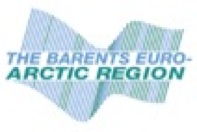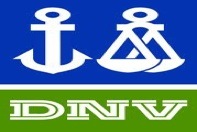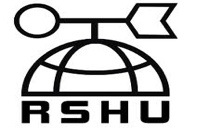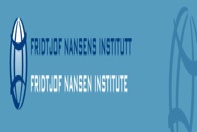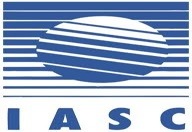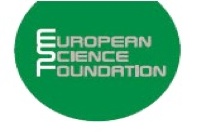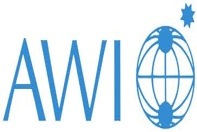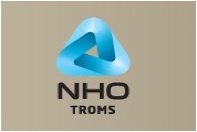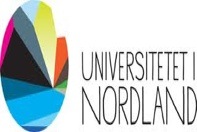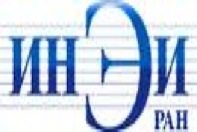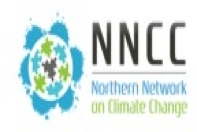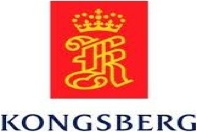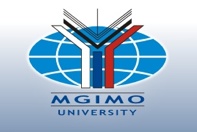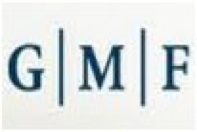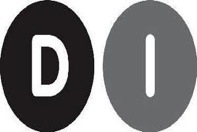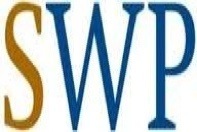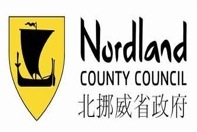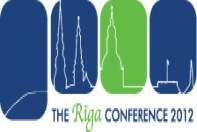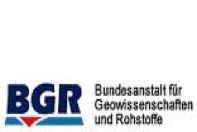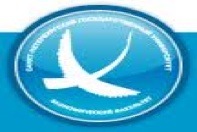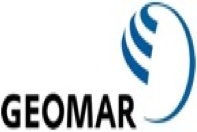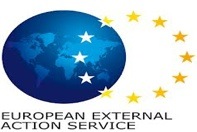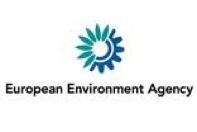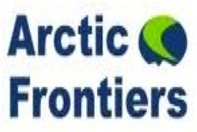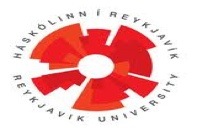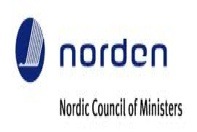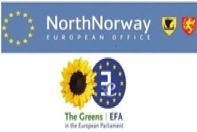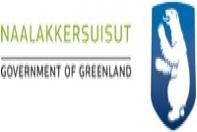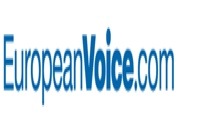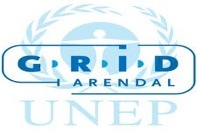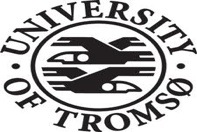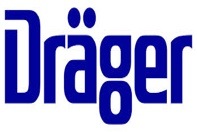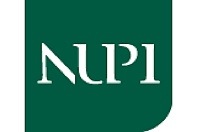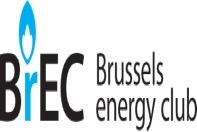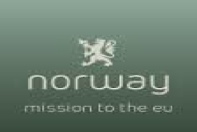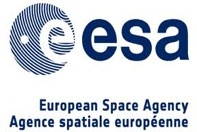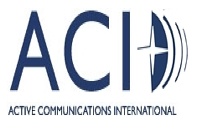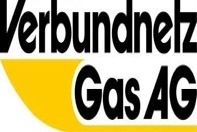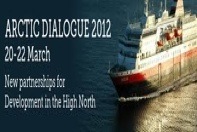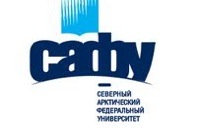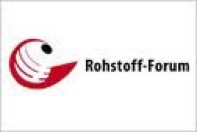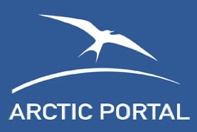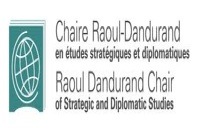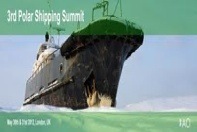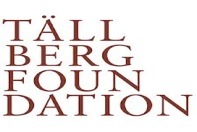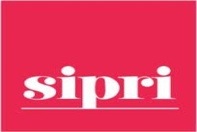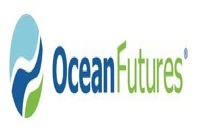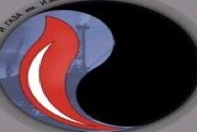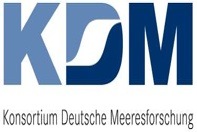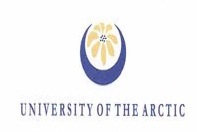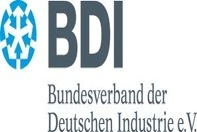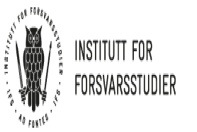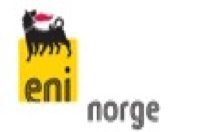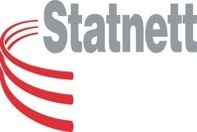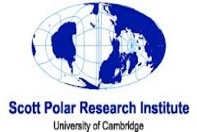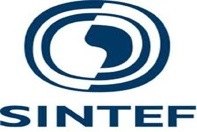The 13th Ministerial meeting of the Barents Euro-Arctic in Kiruna
 General Secretary of the EU Arctic Forum, Steffen Weber, addressed the Barents Regional Council at the 13th Ministerial meeting of the Barents Euro-Arctic Council in Kiruna, Sweden, and participated in the Barents Cooperation seminar in Brussels last week. In both events, he highlighted the need for a platform to improve the connections between business and political sectors for the benefit of the Barents region development.
General Secretary of the EU Arctic Forum, Steffen Weber, addressed the Barents Regional Council at the 13th Ministerial meeting of the Barents Euro-Arctic Council in Kiruna, Sweden, and participated in the Barents Cooperation seminar in Brussels last week. In both events, he highlighted the need for a platform to improve the connections between business and political sectors for the benefit of the Barents region development.
The fruitful cooperation between the Barents Euro-Arctic Region and the EU Arctic Forum (EUAF), found its first expression in April 2011 by a semianar jointly arranged by the EU Arctic Forum with the North Norway European Office and the Barents Regional Council.
In the context of the growing interest for the resources of the region, Mrs. Pia Svensgaard, former Chair of the Barents Regional Council, and currently the President of the Troms County Council in North Norway, stressed the importance of a local development and the environmental advantages to promote manufacturing of local processing. Mrs. Svensgaard “believes that the voice of the Barents will be an even more important voice in the future when it comes to shaping and making policies for the high north, or the Arctic”. She also “hoped that this would be the first of many events and meetings between bodies in the Barents Cooperation and EUAF.”
The BEAC Ministerial in Kiruna, from 11-12 October 2011, convened under the auspices of Swedish Chairmanship, was attended by foreign ministers and high-level states representatives from Sweden, Finland, Norway, Iceland, Denmark and the Russian Federation, and was followed by a meeting of the Barents Regional Council comprised of local governors and representatives of the region. The EUAF Secretary General, Steffen Weber, attended the session and addressed the participants of the Barents Regional Council to discuss the role of the EU in the regional Barents cooperation. Given the fact that the EU is currently developing a more comprehensive approach to a regional cooperation as a part of its emerging Arctic policy, Janos Herman, the Head of the EU Delegation to Norway, underlined the crucial importance of the Barents Euro-Arctic Council for channelling the voice and positions of the EU and its member states.
Pointing to the increasing importance and rising international attention to the region, participants discussed a variety of topics related to stability and sustainable development of the Barents region, protecting fragile environment, and expanding scientific, educational and cultural relations. Participants touched upon some practical issues, such as visa-facilitation and visa-free measures, management of cross-border cooperation projects while welcoming a set of intergovernmental agreements signed between Russia and Norway last year.
In Brussels, on 20 June 2012, the Barents Cooperation seminar organized by the Mission of Norway to the European Union and the North Norway European Office presented the evolving perspectives of cooperation between EU and the Barents region in the context of the a, Kirkenes II declaration, and the developing EU Arctic policy.
Atle Leikvoll, Norwegian Ambassador to the European Union, welcomed the participants and reminded them of how different international relations were today compared to back in the 1990’s. Mr. Leikvoll introduced the Barents region and regional cooperation on the occasion of Norway chairmanship of the BEAC. Sverre Stub, Coordinator for the Norwegian chairmanship of the BEAC and Norwegian Ministry of Foreign Affairs, highlighted how the border in Northern Norway transformed from a barrier to a gateway. Next January will mark the 20th anniversary of the Barents cooperation, and this anniversary will be the occasion to adapt the Kirkenes declaration of 11 January 1993 to the changing Barents region. Mr. Stub also noted that offshore was not included in the BEAC mandate.
Richard Tibbels, Head of Division, Eastern Partnership, Regional Cooperation & OSCE in the EEAS, reminded the audience about the EU contribution to the Arctic, and the steps towards a more comprehensive approach in the Arctic regarding climate change and sustainable development. Mr Tibbels highlighted some promising fields for future cooperation such as indigenous peoples entrepreneurship, protection of the environment, raw materials and transportation in the area. He encouraged the Barents region to continue to think about the interconnection of land issues and ocean issues at stake in the region, and announced the release of the Communication of the European Commission which is expected on July 3, 2012.
Mrs. Svensgaard, provided the audience with examples of interest towards the governance in the Barents region that brings together parliamentarians and region representatives, which was the object of attention in Slovakia, and underscored the need for more infrastructure in the region, in particular the East-West transportation system.
The EU Arctic Forum participated with several of its research fellows and Secretary General Steffen Weber.
For further information on the Barents Cooperation
